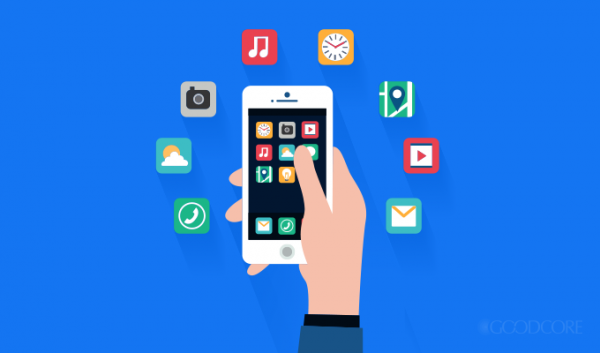Once you decide to take your business application to the next level of tablets and smartphones, the most important question that arises is: should you create a local app or web app?
For newcomers to the area, native, native applications are the same things you download from the App Store, Android Market, Amazon or a similar service. For most people, local application is seen as a natural choice because these applications are trendy and rich. User experience. As the name suggests, web applications have been accessed through your web browser for years. They are not so trendy, they are easy to develop and maintain, and can be used on devices and platforms.
Choosing between a native app and a web app is not a technical decision. This is a strategic one. Based on a variety of factors, you need to analyze both options and evaluate which approach brings the most value to your business. An autonomous platform independent with a rich user interface, or an extensive user access?
This article provides a comprehensive list of the advantages / disadvantages of these two methods, allowing you to weigh in against your application needs to meet your business goals.
Performance: Native apps use more of the device's resources and capabilities and are therefore faster than web apps.
User experience: The user interface of the desi app has complete control over the device hardware and develops an application that is like an eye candy. On the other hand, the user interface for a web app is limited to browser capabilities and the experience may vary. But the common misconception is that only local apps will provide users with an offline experience. Not true. With HTML5, web apps can store data, store static resources such as images, CSS and JavaScript, and share content through social networks and like native apps. Can work offline. You can also place a webpage icon on the device's desktop, just like a local app.
Cross-platform applications: When you develop native apps, you have to create a version for each operating system, ie different versions for Apple iPad / iPhone, Google Android 'Droid', Blackberry, Windows Mobile and very much. If you build a web app, the basic code stays the same across all devices, and it's much easier and faster to provide just the right version for each device using device identification and content adaptation. Web apps are a great way to reach a wider audience with less effort.
Marketing time: A web app can reach more users of local platforms quickly and easily. Single codebase is deployed on all platforms (faster development) and does not require any approval process. The web is an open platform so there is no waiting for approval from the App Store,
Hope Way etc.
Maintenance: It is difficult to support and maintain a local app after the app is downloaded. Multiple codebases must be maintained. In the case of web apps, users always get the latest version. There is only one code base and the owner of the app is in control.
Application / Service Type: There is a difference between what type of content or service is available on the web or apps. For example, a racing car game will work best as a local app because it often uses heavy graphics and requires access to the device's APIs such as accelerometer, location detection, and other advanced features. Has access to only one desi app. On the other hand, services like shopping (m-commerce) and inventory tracking, customer relationship management, financial reporting, business process automation are best supported by web apps. The web, web applications for these services are far more versatile, portable and cost effective than their native counterparts.
The trend of surfing the internet on the internet, mobile, smartphones and recent entry tables and studies has increased so fast that in the near future the web on mobile will become a dominant channel. According to Google, the desktop web will soon become irrelevant.
In short, the type of application, which will get the most benefit, depends on the needs of your business, but it is advisable to review at least one web application before making a decision. Can spend money .


